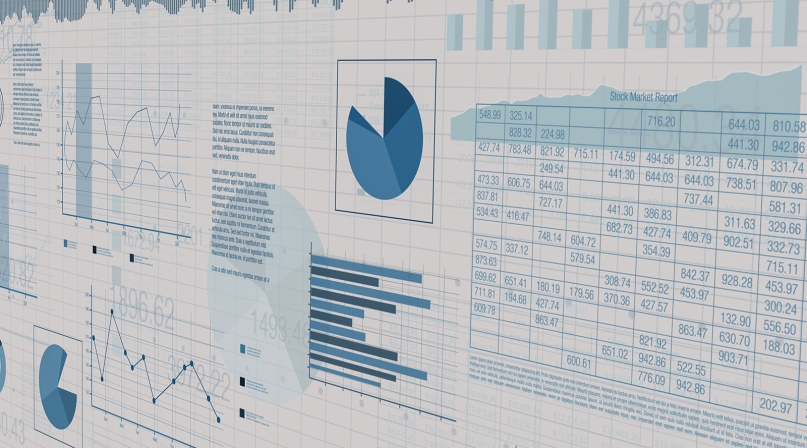EPA Releases Proposed Rule on the Type of Scientific Studies the Agency Can Use When Setting Pollution Limits
Upcoming Events
Related News

Key Takeaways
On March 18, the U.S. Environmental Protection Agency’s (EPA) new proposed rule titled “Strengthening Transparency in Regulatory Science” was published in the Federal Register, kicking off a 30-day public comment period. The proposed rule requires the agency to rely heavily on studies that make their underlying data transparent and primarily public when setting pollution standards. The restrictions would apply to research the agency bases regulations on, along with "influential scientific information" the agency disseminates that could affect public policies or private-sector decisions.
Originally proposed by former Administrator Scott Pruitt in 2018, this revised rule comes after the EPA’s Science Advisory Broad criticized the original proposal, which they believe would effectively prevent the agency from using studies on the effects of pollution on human health. Participants in those studies often agree to be studied on the condition that their personal health information remains confidential, making the data unavailable to the public.
The updated proposal broadens the original rule and will allow EPA to conduct studies with non-public data for rulemakings if the authors allow for full access to the data for independent validation. Additionally, the rule would not outright bar studies without public data from consideration.
NACo believes national air and water quality standards should be set using well-founded, peer-reviewed scientific evidence. Public review of standards is essential and should include the range of health effects associated with the pollutant, the levels of pollution as they relate to the effects on health, the characteristics and number of people affected, and the compounded effects when multiple pollutants are present.
The deadline to submit public comments extended to May 18, 2020.
Related News

House Agriculture Committee introduces 2026 Farm Bill
On February 13, House Agriculture Committee Chairman G.T. Thompson (R-Pa.-15) introduced the House version of the 2026 Farm Bill, the Farm, Food, and National Security Act of 2026.

Congress increases oversight of Gulf Coast Restoration Trust Fund
On February 3, Congress passed new funding and authority for an audit and expanded oversight of the Gulf Coast Restoration Trust Fund, which houses federal funds for recovery from the Deepwater Horizon oil spill disaster. The provision was included in the Financial Services-General Government appropriations bill (FSGG), which was one of five included in a minibus package passed by Congress (P.L. 119-75).

U.S. Environmental Protection Agency announces repeal of 2009 Endangerment Finding for greenhouse gases
On February 12, the U.S. Environmental Protection Agency (EPA) announced it was repealing the 2009 Endangerment Finding, which is basis for EPA regulation of greenhouse gas (GHG) emissions under the Clean Air Act.
